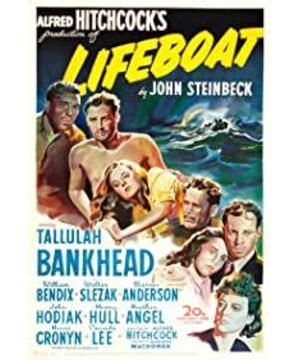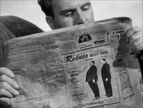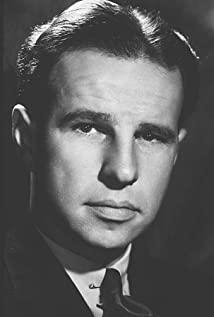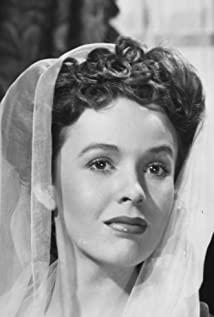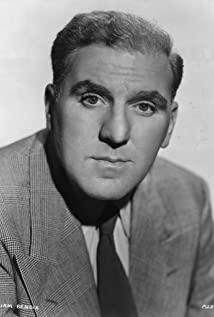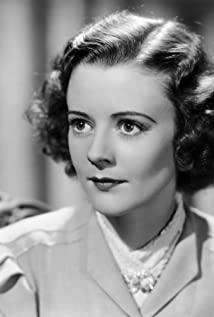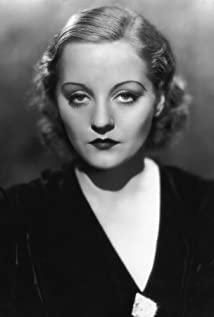This is a brilliant group drama in a limited space, touching on issues of race, politics, class, gender and more. But the most interesting one is the German Willie. In Hitchcock's other World War II films, many Germans appeared, and almost all of them played flat and pure evil others. Hitchcock himself said: "I always respect my villain, build[ing] him into a redoubtable character that will make my hero or thesis more admirable in defeating him or it." An important moral proposition of the film is to help allied partners to win the war together, so in these films, the concept of "you can't trust your enemy (Nazi)" is constantly revealed. But in this film, the image of the German as the enemy is not so simple and dull, of course it is pure evil (ungrateful, stealing food, water and compass, indirect/direct murder.... etc.), but at the same time has positive qualities such as being positive and capable, so that in the middle of the film, he "mainly anti-prisoners", relying on his own ability to become the commander on the lifeboat. This made the film very special (or shocking) in the political and social environment at that time. At that time, the mass media still gave many negative images to the people of hostile countries, so that the film attracted a lot of criticism after it was released. Some people criticized the film. The film belittles the British and Americans and elevates the Germans; some people think that the film's portrayal of the Germans is actually a sharp attack on the decaying democratic system in the United Kingdom and the United States at that time. All of this makes this film less screening, publicity, and budget than Hitchcock's other films. The original script of the movie was John Steinbeck, but it was later modified by Hitchcock, which made Steinbeck very upset and asked the studio not to let his name appear in the movie (which backfired in the end), I think this episode also led to the One of the keys to the contradictory character of the Germans. I gave this film a very high evaluation, not only because of how prominent his script or content or form was, but mainly because of the time of the film. Just the character of the Germans in the film revealed that at that time. The unique time and space background, and what kind of German character can meet the expectations of the general public and mainstream media at that time? Consistent with some kind of political correctness? And when facing a certain German, are you facing an individual like you and me, or one of the collective Germans who represent "evil"? This is like when you meet Germany twice in the film The question "What do you do with people like that?"
View more about
Lifeboat reviews


